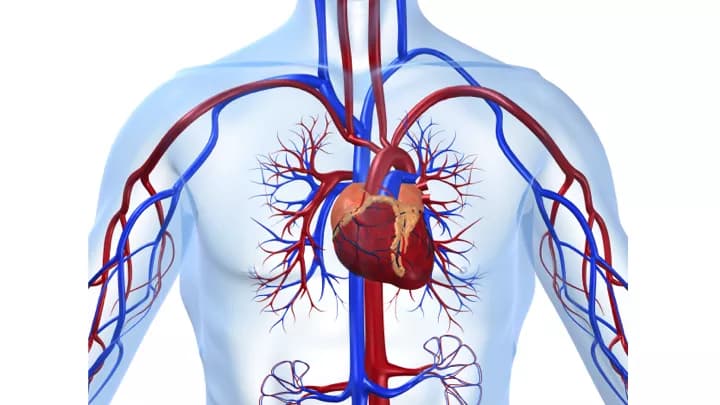
Increasing Number Of US Adults Living With Congenital Heart Defects
More adults are living with congenital heart defects in the United States, creating the need for more health services and tracking systems to collect data across all ages, not just at birth, according to new research in the American Heart Association's journal Circulation.
Congenital heart defects are structural problems with the heart present at birth. They are diagnosed in eight to 10 per 1,000 live births in the United States and are the most common type of birth defect, according to researchers.
Medical and surgical advances in the last 30 years have decreased death rates and a growing number of babies are surviving to reach their adult years. Yet most patients will need lifelong cardiac care and many don't receive care as they transition to adulthood.
A new study estimates that about 2.4 million people -- 1.4 million adults and 1 million children -- were living with these medical conditions in the United States in the year 2010. Nearly 300,000 of them had severe heart defects.
Compared with the estimates for the year 2000, these figures represent a 40 percent increase in the total number of people living with congenital heart defects in the United States and a 63 percent increase among adults.
"This is a substantial population of adults in the United States who have survived infancy and childhood are living with congenital heart defects," said Suzanne Gilboa, Ph.D., first author of the study and an epidemiologist with the Centers for Disease Control and Prevention. "They need the appropriate care in order to have full and productive lives."
Although state surveillance systems in the U.S. track how many babies are born with congenital heart defects, Gilboa noted, they do not continue to track long term.
The study confirms that congenital heart disease is a public health issue with more adults affected than children, and that's important from a health care delivery and a policy standpoint, said senior study author Ariane Marelli, M.D. MPH and professor of medicine at McGill University in Montreal.
"People used to think of congenital heart disease as a pediatric condition. There's really no question now that congenital heart disease falls squarely in the realm of adult medicine," she said. "We need to have more congenital heart disease programs and more manpower to meet the needs of this population."
Researchers extrapolated data from published estimates in Quebec, Canada. They assumed Quebec prevalence data on congenital heart defects was equal to similar sex and age data for the U.S. non-Hispanic whites, then adjusted to those estimates to derive rates for blacks and Hispanics. The majority of people living with congenital heart defects in the United States are non-Hispanic white, about 1.7 million, compared with non-Hispanic black or Hispanic, about 700,000.
This current report is the first contemporary assessment of the number of people living with congenital heart defects in the United States based on factors such as age, sex and ethnicity.
The above post is reprinted from materials provided by American Heart Association. Note: Materials may be edited for content and length.
Disclaimer: DoveMed is not responsible for the adapted accuracy of news releases posted to DoveMed by contributing universities and institutions.
Primary Resource:
Gilboa, S. M., Devine, O. J., Kucik, J. E., Oster, M. E., Riehle-Colarusso, T., Nembhard, W. N., ... & Marelli, A. J. (2016). Congenital Heart Defects in the United StatesClinical Perspective. Circulation, 134(2), 101-109.
Related Articles
Test Your Knowledge
Asked by users
Related Centers
Related Specialties
Related Physicians
Related Procedures
Related Resources
Join DoveHubs
and connect with fellow professionals

0 Comments
Please log in to post a comment.